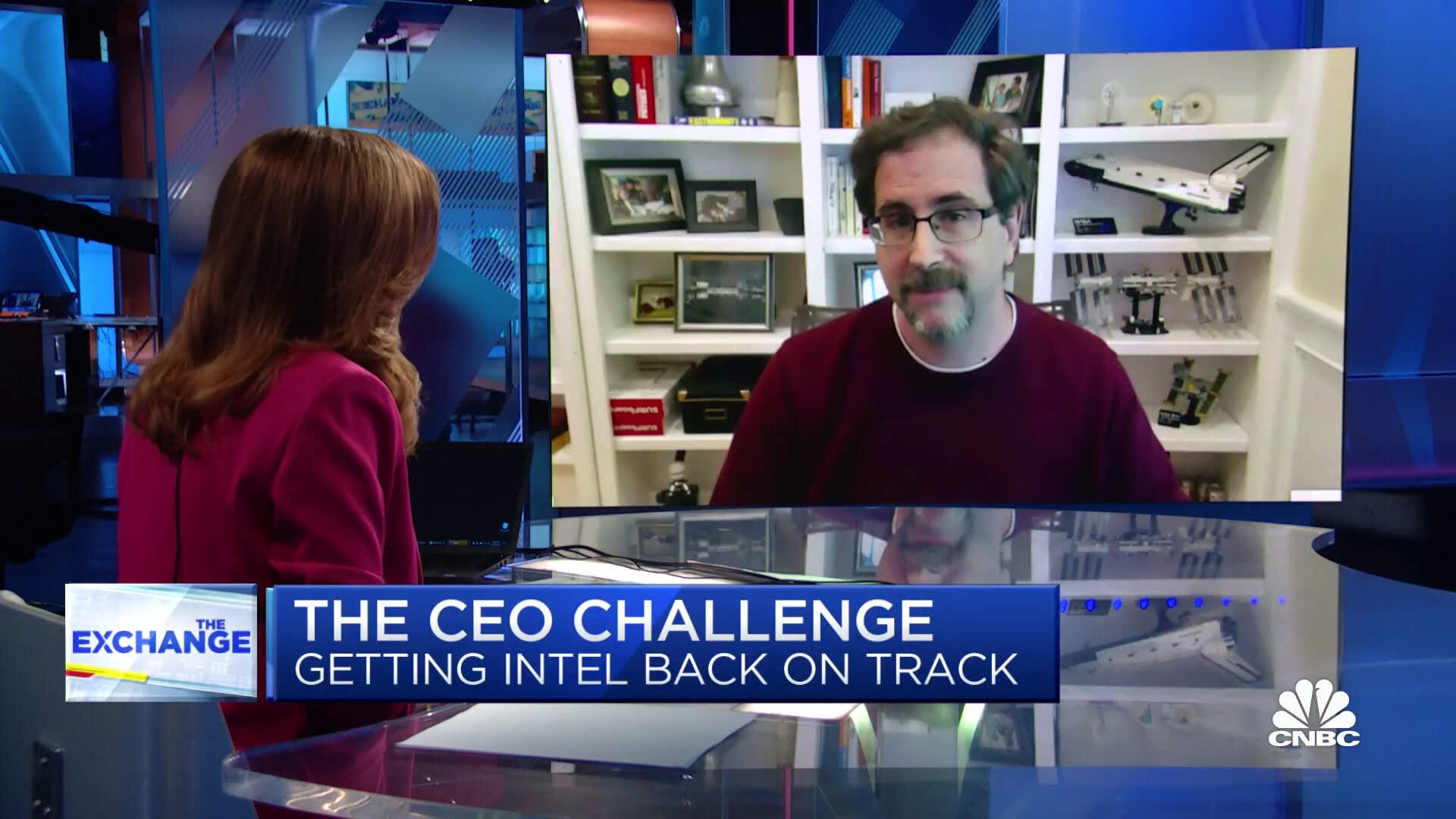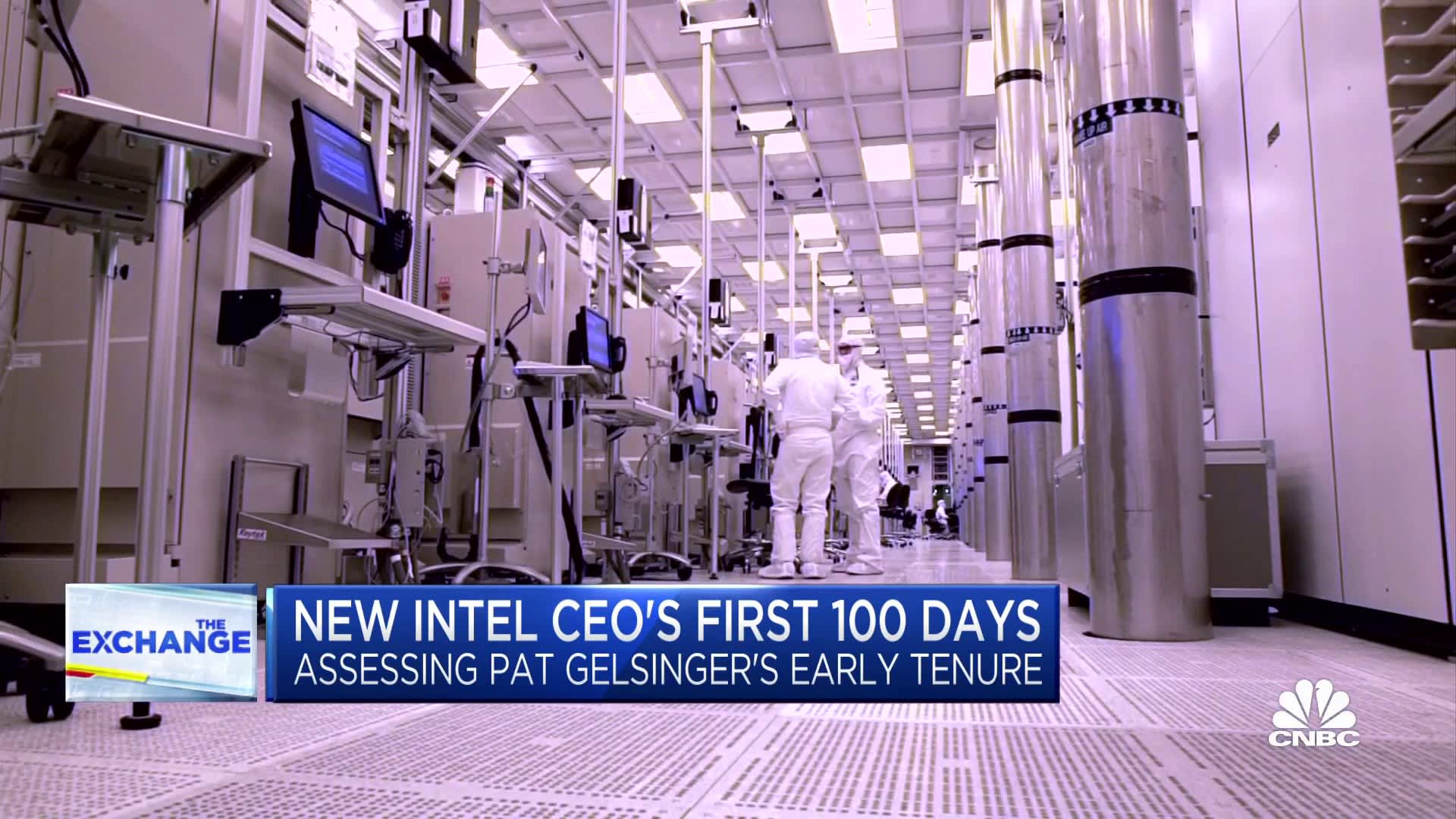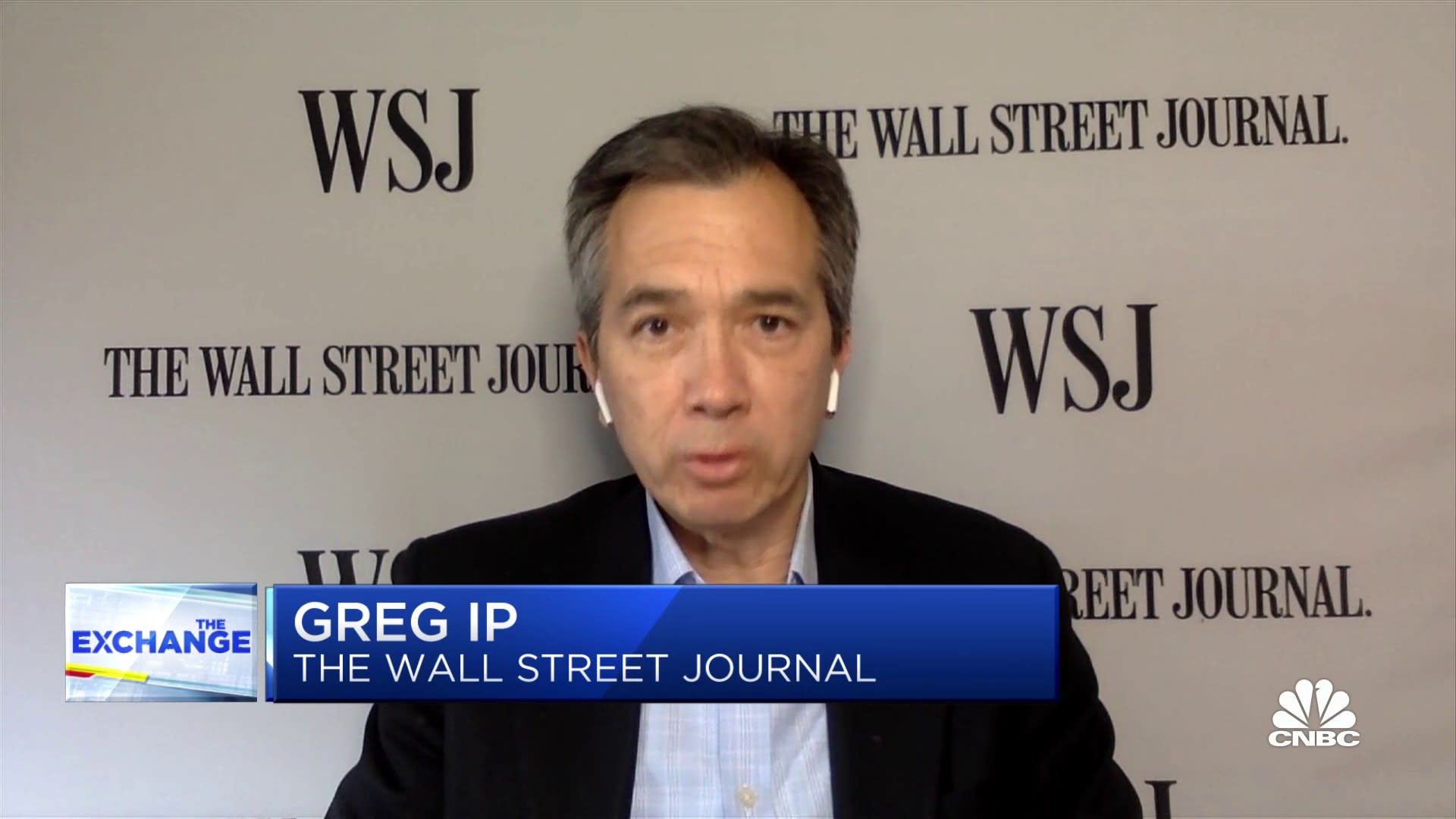EDITOR'S NOTE
We've been talking about the reversal in liquidity that's popped some bubbles in stocks and crypto over the past few months (growth in M2 has dropped from 27% in February to 18% year-on-year as of April), but one place that's still rip-roaring is the housing market.
In fact, home prices are accelerating, as the Case-Shiller release showed yesterday. Year-on-year gains rose to 13.3% in March, from 12% in February. Still, that's a composite of 20 big cities. You might expect the broader FHFA national index to show more modest gains, but nope. That index showed prices up nearly 14% in March!
I asked the CEO of Realogy about this the other day--are we back to the bad old days of the early '00s housing bubble? No, he said. This one isn't driven by psychology (hey, buy a house, make a ton of money! Home prices never go down!) so much as real, consumer demand. All the millennials are buying houses all at once. Now that prices are surging, those who haven't bought are freaking out that they better buy now or be elbowed out of the market for years.
My sister lives in Denver, and her stories are amazing. One friend is relocating to a smaller city but holding onto the Denver house and renting it out in the meantime in case they have to move back in a few years--thinking they'd never get back into the market. Everything is going for $30,000 or more over asking price. People showing houses aren't even bothering to tidy them up. Three out of four houses that hit the market in Denver last month were under contract within a week. And if you think, well, that's just Denver--the market in Columbus, Ohio, is just as tight.
Check out this tweetstorm from Redfin CEO Glenn Kelman yesterday. "It has been hard to convey...how bizarre the U.S. housing market has become," he said. One buyer in Maryland "included in her written offer a pledge to name her first-born child after the seller," he said. "She lost."
(Side note: these letters to sellers--which have become a hallmark of this tight market--are starting to come under fire for promoting discrimination.)
It would be one thing if builders could quickly scramble to increase housing supply. But not only is that hard to do normally, it's nearly impossible these days with shortages and huge price hikes on key building inputs, including labor. The main homebuilder ETF is down 7.5% this month, although it's still up 30% this year.
Still, it doesn't mean that all homebuyers in this market are losing out. In fact, cashing out housing and relocating to a better market--now that work-from-home has exploded--has been a hallmark of this "YOLO economy." Even people who are paying over asking price in Denver, for instance, may be pocketing gains if they're selling in California or Connecticut.
Or as Glenn Kelman observed: "This migration to lower-cost areas may lead to lower workforce participation. For many families [we have] relocated, the money saved on housing lets one parent stop working. A wave of Redfin customers are retiring early."
So is this the kind of housing mania that the Fed needs to lean against, even if it wanted to? Not necessarily. But neither should policy makers say they won't raise rates until labor force participation is back up to pre-Covid levels. This isn't so much a cyclical phenomenon, but a structural shift in what the U.S. economy looks like.
See you at 1 p.m!
Kelly KEY STORIES
IN CASE YOU MISSED IT
| ||||||||||||||||||||||||||||||||||||||||||||||||||||||||||||||||||||||||||||||||||||||||||||||||||||||||||||||||||||||||||||||||||||||||||||||||||||||||||||||||||||||||||||||||||||
Rabu, 26 Mei 2021
The housing market is insane
Langganan:
Posting Komentar (Atom)






Tidak ada komentar:
Posting Komentar